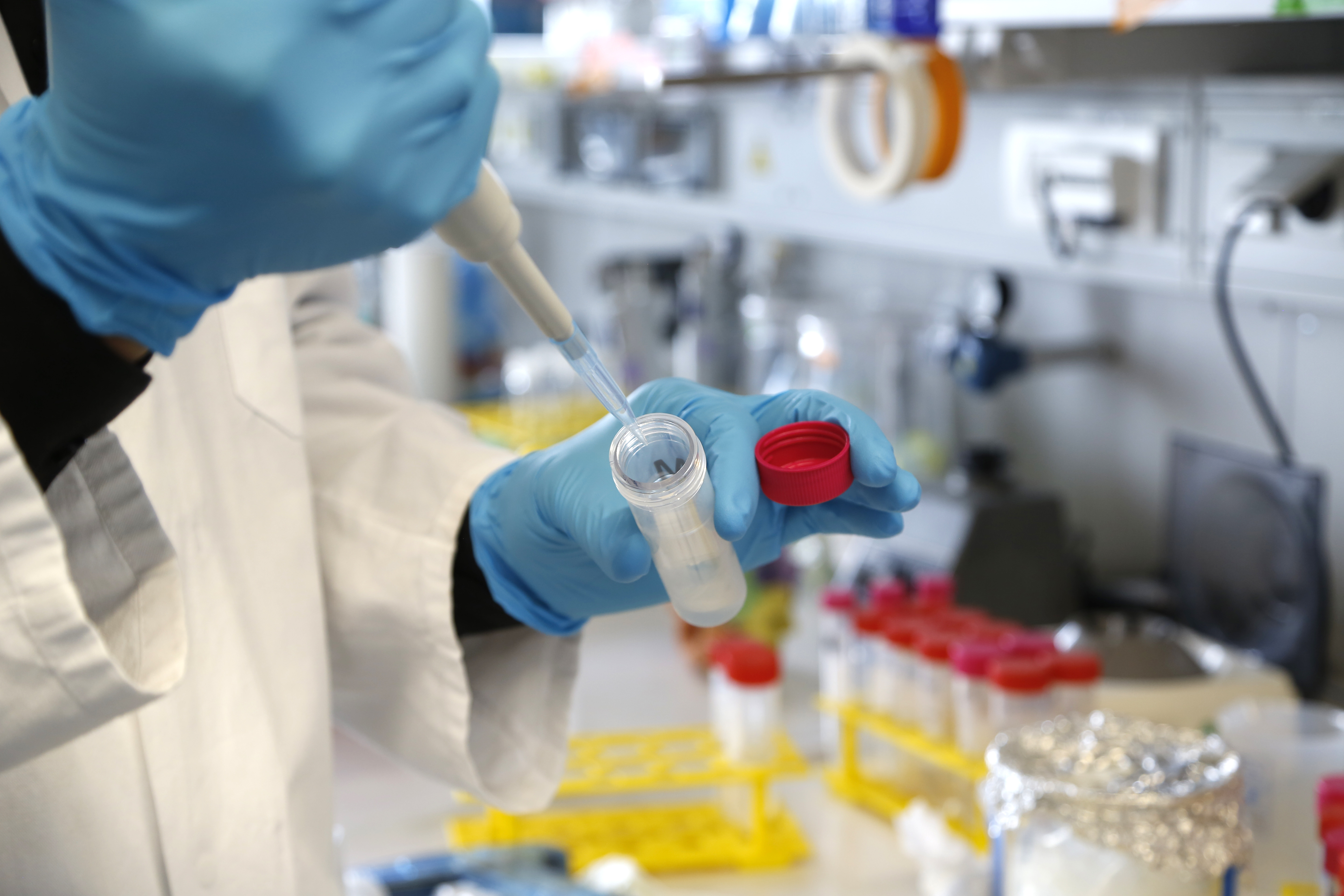Method for generating higher order genome editing libraries
Abstract
CRISPR/Cas and RNAi are powerful methods to perform loss- or gain-of-function gene perturbation experiments. This novel method facilitates the fast generation of CRISPR/Cas or RNAi target sequence libraries in any desired complexity without unwanted sequence bias.
Applications
- Gain & loss-of-function genomic screens
- Targeted or unbiased libraries
- Species independent (3Cs-TGW)
- CRISPR/Cas systems
- shRNA and miRNA (RNAi) formats
Customer benefits
- Libraries of any diversity (tested to 1012)
- No sequence bias
- Synergistic double knockouts
- Restriction enzyme and cloning free
- Very fast and highly reproducible
- Reduced costs (only 1 primer needed)
- Rapid protocol (2hrs)
Invention
Currently available CRISPR/Cas or RNAi gene perturbation libraries differ significantly in their design and extend. Methods to generate these libraries are based predominantly on conventional restriction enzyme-digestion or Gibson Assembly-directed cloning. As such, these libraries are prone to cloning artifacts and have an up to several hundredfold bias towards a subset of gRNAs directly impeding the scale and quality of subsequent applications and results. Therefore, there is an urgent need for novel methods to generate RNA/DNA-encoded gene perturbation libraries in any complexity without undesired biases.
We have established a simple and highly efficient method that allows the ligation-free cloning of gRNA libraries as well as individual gRNAs in standard gene perturbation plasmids. Our approach can be easily extended to miRNA and shRNA delivery vectors containing an f1-origin of amplification. The method relies on the isolation of single stranded DNA from filamentous phage f1 amplified in E. coli CJ236 in the presence of desoxy-uracil and subsequent hybridization with customer-designed gRNA encoding oligonucleotides followed by T7 DNA polymerase mediated oligonucleotide extension. The resulting Covalently-Closed-Circular synthesized (3Cs) gRNAs are used to transform highly competent bacterial strains to yield individual plasmids or pooled plasmid libraries. These can be used directly to establish individual gene knock-out cell lines or cellular screens. The method is very fast, safe, highly reproducible, extremely efficient, and allows the everyday researcher to establish arrayed gRNA knockouts of individual genes or highly diverse, unbiased truly genome-wide knockout libraries with up to 10 billion unique gRNA sequences. The 3Cs-method significantly shortens hands-on time and simplifies the implementation of gene perturbation experiments in any diversity.

